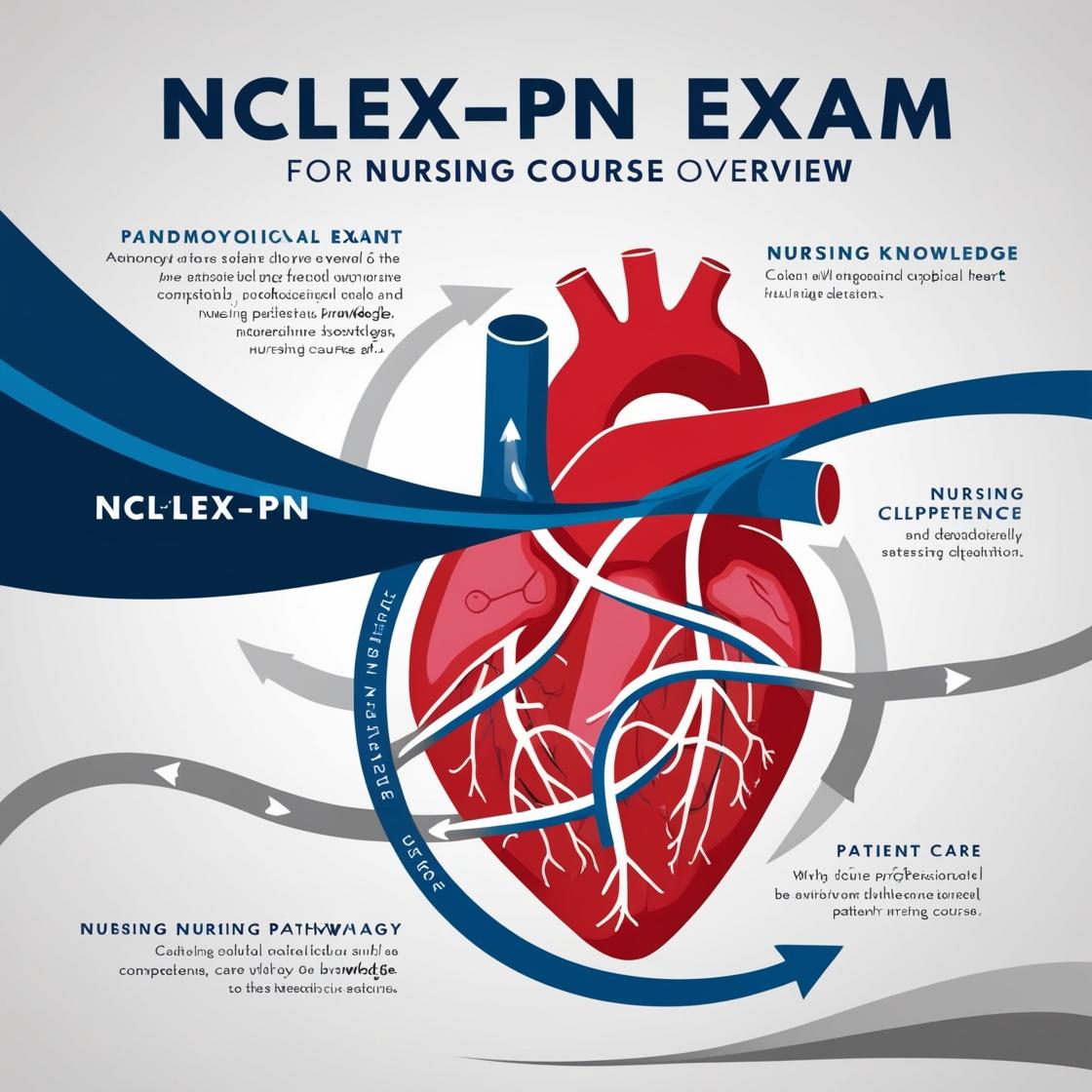NCLEX-PN
Safe and Effective Care Environment Nclex PN Questions
1. When caring for clients with Buck’s Traction, the major areas of importance should be:
- A. nutrition, elimination, comfort, safety
- B. ROM exercises, transportation
- C. nutrition, elimination, comfort, safety
- D. elimination, safety, isotonic exercises
Correct answer: C
Rationale: When caring for clients with Buck’s Traction, the major areas of importance should be nutrition, elimination, comfort, and safety. Proper nutrition, including a diet high in protein with adequate fluids, is essential for healing and recovery. Elimination refers to maintaining regular bowel and bladder function. Comfort is crucial to ensure the patient's well-being while in traction, and safety measures should be followed to prevent complications. Choices A, B, and D are incorrect. ROM exercises are not typically a primary concern with Buck’s Traction, making choices A and B incorrect. Isotonic exercises are not specifically related to the care of a client in Buck's Traction, making choice D incorrect.
2. When the healthcare provider is determining the appropriate size of an oropharyngeal airway to insert, what part of a client's body should they measure?
- A. corner of the mouth to the tragus of the ear
- B. corner of the eye to the top of the ear
- C. tip of the chin to the sternum
- D. tip of the nose to the earlobe
Correct answer: A
Rationale: When selecting the correct size of an oropharyngeal airway, the healthcare provider should measure from the corner of the client's mouth to the tragus of the ear. This measurement ensures that the airway is the appropriate length to maintain a clear air passage for exchange. Measuring from the corner of the eye to the top of the ear (Choice B) is inaccurate and not a standard measurement for selecting the size of an oropharyngeal airway. Measuring from the tip of the chin to the sternum (Choice C) is irrelevant to determining the correct size of the airway. Similarly, measuring from the tip of the nose to the earlobe (Choice D) is also incorrect and does not provide the necessary measurement for selecting an oropharyngeal airway size.
3. While repositioning a comatose client, the nurse senses a tingling sensation as she lowers the bed. What action should she take?
- A. Unplug the bed's power source.
- B. Remove the client from the bed immediately.
- C. Notify the biomedical department at once.
- D. Turn off the oxygen.
Correct answer: A
Rationale: The correct action for the nurse to take when sensing a tingling sensation while lowering the bed with a comatose client is to unplug the bed's power source. This should be the initial step as there may be a fault in the bed's grounding. Removing the client from the bed immediately is not safe until the electrical issue is resolved. Notifying the biomedical department is important but should come after ensuring the immediate safety of the client. Turning off the oxygen is not necessary unless there is a specific issue related to oxygen delivery, which is not indicated in this scenario.
4. An 80-year-old aphasic CVA client had abdominal surgery 2 days ago. Which of the following puts this client at the highest risk for inadequate pain management?
- A. Inability to turn, cough, and breathe deeply
- B. Inability to communicate pain
- C. Inability to ambulate freely
- D. Inability to use a bedside commode
Correct answer: B
Rationale: The correct answer is B: Inability to communicate pain. In this scenario, the client's aphasia prevents them from verbally expressing their pain, which can lead to inadequate pain management if the healthcare team is not vigilant. The nurse must use alternative methods to assess and address the client's pain. Choices A, C, and D, although important considerations in postoperative care, do not directly relate to the client's ability to communicate pain, which is crucial for effective pain management in this case.
5. Which is the proper hand position for performing chest percussion?
- A. Use the side of the hands
- B. Flatten the hands
- C. Spread the fingers of both hands
- D. Cup the hands
Correct answer: D
Rationale: The proper hand position for performing chest percussion is to cup the hands. Cupping the hands helps produce a vibration that aids in loosening respiratory secretions effectively. This technique is essential for therapeutic chest physiotherapy. Using the side of the hands, flattening the hands, or spreading the fingers of both hands do not generate the necessary vibration required for chest percussion. These hand positions are not considered proper techniques in this context and may not provide the desired therapeutic effect.
Similar Questions

Access More Features
NCLEX PN Basic
$69.99/ 30 days
- 5,000 Questions with answers
- Comprehensive NCLEX coverage
- 30 days access @ $69.99
NCLEX PN Premium
$149.99/ 90 days
- 5,000 Questions with answers
- Comprehensive NCLEX coverage
- 30 days access @ $149.99
